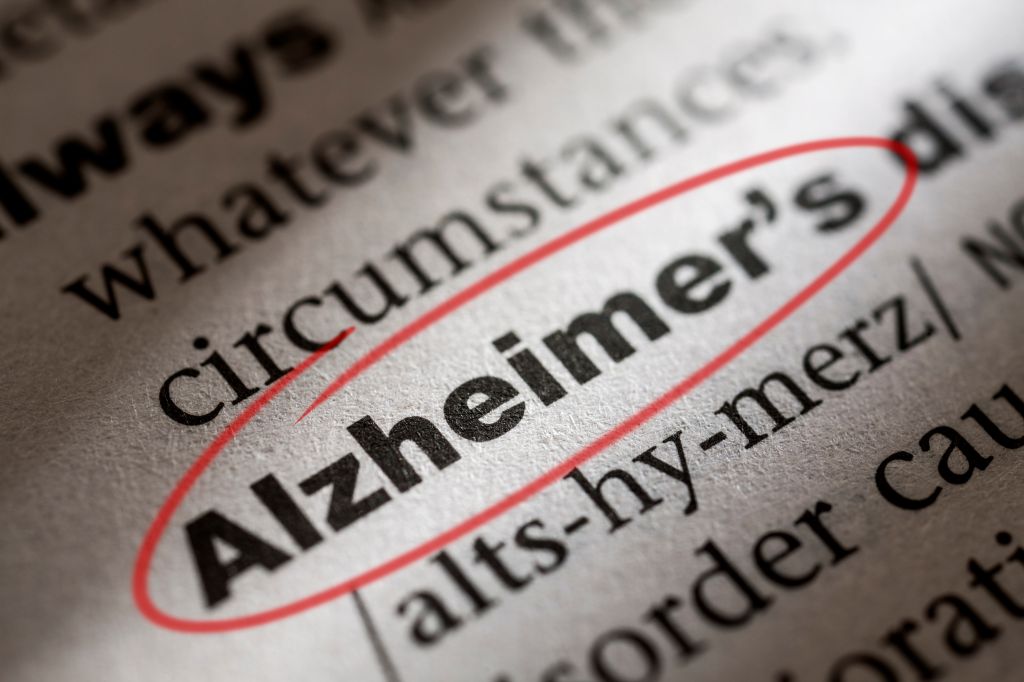
Source: Anthony Bradshaw / Getty
Studies show that Blacks and Hispanics develop Alzheimer’s disease and dementia at rates almost twice as high as whites. Sadly, a lack of resources and the increased likelihood of other health conditions that increase risk of developing the disease are more prevalent among these groups. Prevention is key, so take action now.
CASSIUS spoke with Nurse Noel for a few tips on how to prevent and cope with the condition. Join the fight to #EndAlzheimers by starting at home. Consider these life-saving tips.
1. High cholesterol, high blood pressure, and diabetes predispose an individual to Alzheimer’s disease, so it is important to control these conditions at an early age. Go to the doctor annually, take medication as prescribed and change your diet and activity level to help combat such conditions—your doctor may even be able to take you off the drugs once your numbers are in the clear.
2. Alzheimer’s disease is not a behavioral or emotional disease; it is physiological. There are changes in brain cells that can only be diagnosed by MRI, CT-scan, blood tests, EEG, or Lumbar puncture. This also means that once a person receives a diagnosis s/he most be proactive about receiving consistent treatment and support. S/he can quickly become a danger to her/himself or others.
3. African Americans and Latinxs are at a higher risk of developing Alzheimer’s disease so it is important to know the signs and symptoms (confusion, progressive forgetfulness, difficulty with reasoning, mood swings) and seek medical advice. Next create, support systems to ensure your loved one’s safety and security.
4. Alzheimer’s is a progressive condition. There are three stages including mild, moderate, and severe. Patients move through the phases at different rates and need varied support at each level.
5. In addition to prescribed medication, families use an array of the natural treatments to support Alzheimer’s patients. For example, some experts believe that taking two teaspoons of coconut oil daily may help slow down the progression of the disease.
6.Be patient and seek support groups and counseling for encouragement and camaraderie if your loved one is diagnosed with Alzheimer’s disease. You deserve the help you need.
















